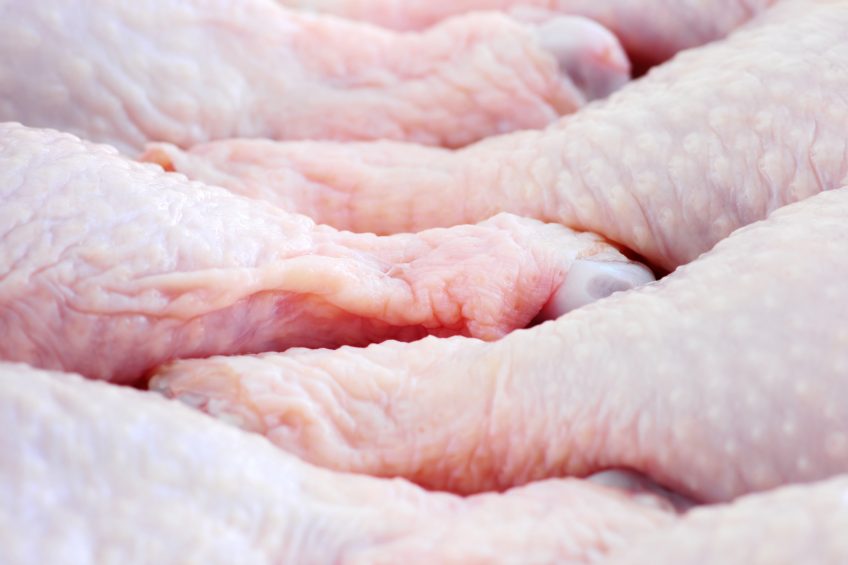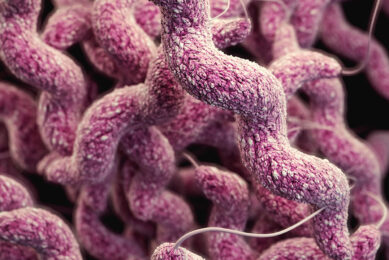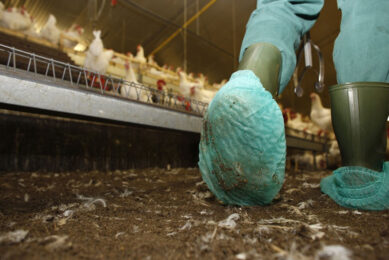Final FSA campylobacter stats show further falls

Levels of campylobacter in chicken sold by the UK’s major retailers continue to fall, according to statistics released by the Food Standards Agency on Wednesday 18 October.
Just 5.9% of chickens had high levels of campylobacter in the survey – which sampled 1,437 birds between April and July – down from 20.1% for the same period in 2014.
Top 9 retailers to publish own results
The FSA announced last month that it was changing its annual campylobacter retail survey with the top 9 retailers publishing their own results. Instead, the Agency would concentrate on smaller retailers, independent traders and markets stalls where levels of campylobacter have been stubbornly high.
Full results from the third annual retail survey, running from August 2016 to July 2017, showed:
- The figure for high-level campylobacter prevalence (more than 1,000 cfu/g) among the top nine retailers (based on market share) was 5.6%
- The ‘Others’ group, consisting of smaller retailers and butchers, had a significantly higher prevalence at 17.1%
- The retailers with significantly lower prevalence than the average among all retailers were Morrisons (2.9%), Tesco (4.2%) and Waitrose (2.7%)
- There was a significant fall in the percentage of chickens positive for campylobacter at any level – down from 73.2% in 2014/5 to 54% in 2016/7.
Heather Hancock, FSA chair, said: “The full year’s results from our third annual survey show the significant progress the industry has made in reducing campylobacter levels in chicken, compared with their starting point. The major retailers are now taking on the responsibility to publish their own results, according to a protocol we have agreed. This is a welcome step towards greater transparency.
FSA now focused on smaller establishments
“Whilst we will keep a close eye on the performance of bigger retailers, it means the FSA can now focus our efforts on smaller establishments, where we haven’t yet seen the same level of improvement and where more progress needs to be made.”
Richard Griffiths, British Poultry Council chief executive, said: “The FSA’s results illustrate the excellent work done by the poultry supply chain in taking the lead on campylobacter reduction. Poultry producers and retailers have yet again demonstrated a cooperative and responsible approach to tackling campylobacter contamination by embedding effective and long-term solutions across the supply chain.”













